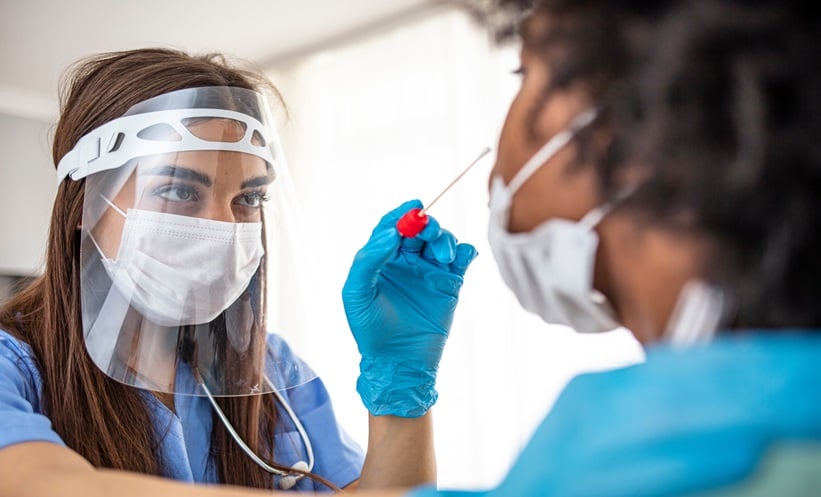MACHINE learning and bioinformatic analyses were used to identify the composition of intestinal and nasal microbiota in patients with sepsis. Sepsis, characterised by a high mortality rate ranging from 29.9% to 57.5%, remains a diagnostic challenge due to the lack of specific biological indicators. Previous studies have linked sepsis with dysbiosis of the gut microbiome, but the complexity of intestinal flora and the influence of extensive antibiotic use complicate its diagnostic utility.
Researchers collected nasal swabs and faecal specimens from a total of 157 subjects, including 89 with sepsis. All subjects in the study were administered the same antibiotics, yet the nasal microbiota of septic patients showed significantly lower community richness (p= 0.002) and distinct compositions (p= 0.001), compared to non-septic patients. Notably, genera such as Corynebacterium, Staphylococcus, Acinetobacter, and Pseudomonas were enriched in the nasal microbiota of patients with sepsis. These findings demonstrate that the composition of intestinal microbiota in patients (both with and without sepsis) is more likely to be affected by the administration of antibiotics, which signifies that nasal microbiota may be a more reliable diagnostic marker for sepsis.
After determining the composition of nasal and intestinal microbiota in the patients, the research team developed a machine learning model to predict the likelihood of sepsis in patients. The model demonstrated high efficacy in distinguishing patients with sepsis from control patients, achieving an area under the curve (AUC) of 89.08. In particular, model validation demonstrated the effectiveness of the nasal microecological diagnosis prediction model with an AUC of 84.79, whereas predictive performance was poor for intestinal microbiota, with an AUC of 49.24.
The results of the study hold significant implications for clinical practice, suggesting that nasal swab analysis could be integrated into routine diagnostic protocols for sepsis. The study advocates for further research to validate these findings across larger cohorts and explore the potential for rapid diagnostic technology based on nasal microbiota.
Katrina Thornber, EMJ
Reference
Tan X et al. The nasal microbiota is a potential diagnostic biomarker for sepsis in critical care units. Microbiol Spectr. 2024;DOI:10.1128/spectrum.03441-23.








